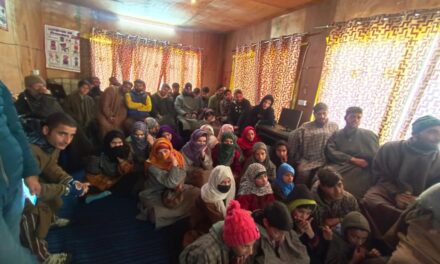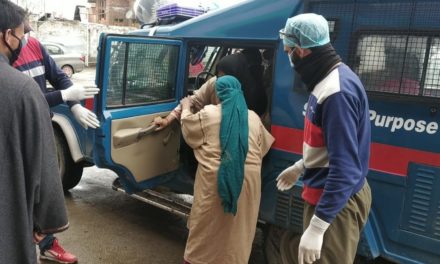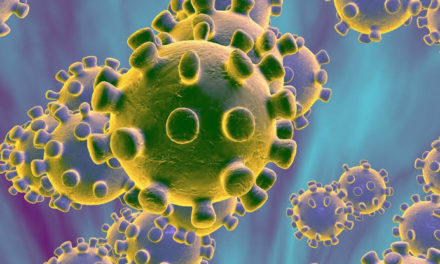![]()
Kargil Freezes at Minus 18.5°C, Leh At Minus 15.8°C
KNZ NEWS DESK
Srinagar, Dec 31 : Minimum temperatures plummeted in most parts of Kashmir Valley with Srinagar recording a low of minus 5.9°C against minus 2.1°C on the previous night, the weatherman said on Thursday.
A MeT official told GNS that the night temperature in Srinagar was around three degrees Celsius below normal for this time of the year. On December 19, Srinagar endured the coldest night of the season at minus 6.6°C and it was the second time in a decade that mercury fell to such an extent during the month of December.
Gulmarg recorded a low of minus 10.4°C against minus 11.0°C on the previous night, the official said. Pahalgam, the famous tourist destination in south Kashmir, recorded a minimum of minus 9.6°C against minus 9.0 on the previous night. Qazigund recorded minus 6.2°C against minus 2.5°C on the previous night, Kupwara recorded minus 5.8°C while Kokernag was the third coldest place in Valley as the mercury settled at minus 7.8°C last night, the official said. Leh recorded a low of minus 15.8°C while Kargil recorded a minimum of minus 18.5°C, the official added.
Kashmir is in the middle Chillai-Kalan, the 40-day winter period which commenced on December 21 and ends on January 31. The period is considered the harshest of the winter when the chances of snowfall are most frequent and maximum.
The cold wave, however, continues even after that in Kashmir with a 20-day-long ‘Chillai-Khurd’ (small cold) and a 10-day-long ‘Chillai-Bachha’ (baby cold).
The weatherman has forecast mainly dry weather over Jammu and Kashmir for the next week or so, saying there would be no significant change before January 5 when there is a possibility of widespread snow and rain across the Valley.
Due to harsh weather conditions, people are facing a lot of problems. The water supply has been disrupted with frozen taps becoming a common sight now. The frequent power cuts, scheduled or unscheduled, only amplify the cold and add to the discomfort of the people. Some portions of the Dal Lake were also frozen due to the plunge in mercury overnight. (GNS)













